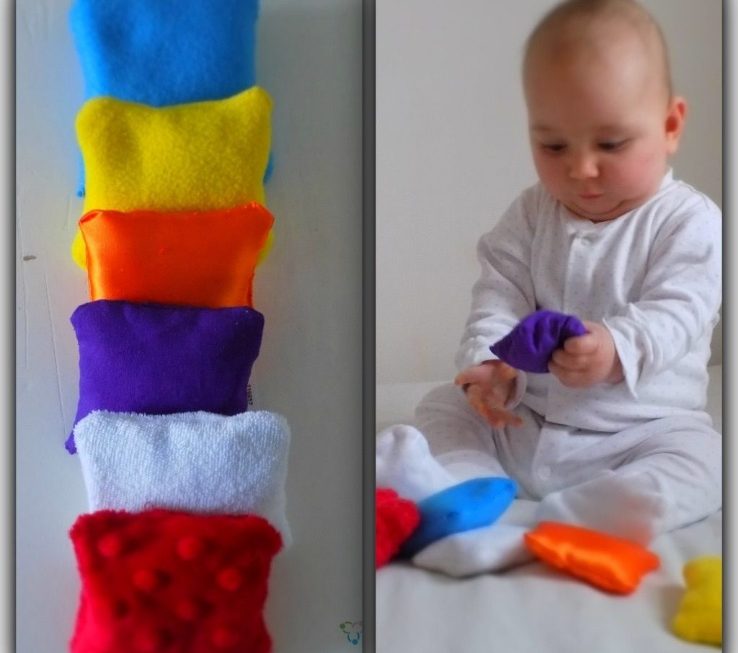Montessori toys have gained popularity in recent years for their emphasis on fostering creativity, independence, and cognitive development in young children. Inspired by the educational philosophy of Maria Montessori, these toys are designed to encourage hands-on learning and exploration.
The Principles of Montessori Education
Central to Montessori education is the belief that children learn best through self-directed activity and discovery. Traditional toys often provide limited opportunities for children to actively engage with their environment and develop their problem-solving skills. Montessori toys, on the other hand, are carefully selected to promote open-ended play and allow children to explore different concepts at their own pace.
Key Features of Montessori Toys
Montessori toys are typically made from natural materials such as wood, metal, or fabric, rather than plastic. They are also designed to encourage children to use their senses and develop their fine motor skills. For example, a set of nesting blocks can help children learn about size and spatial relationships, while a wooden puzzle can help them improve their hand-eye coordination.
Another important feature of Montessori toys is their focus on simplicity and minimalism. Unlike many modern toys that come with lights, sounds, and flashy colors, Montessori toys are intentionally designed to be free of distractions. This allows children to concentrate on the task at hand and fully immerse themselves in the learning experience.
Overall, Montessori toys provide a valuable opportunity for children to explore and discover the world around them in a hands-on and meaningful way. By incorporating these toys into playtime, parents and educators can help nurture the creativity, independence, and cognitive development of young children.
Read more about Montessori toys for 1 year old here.
